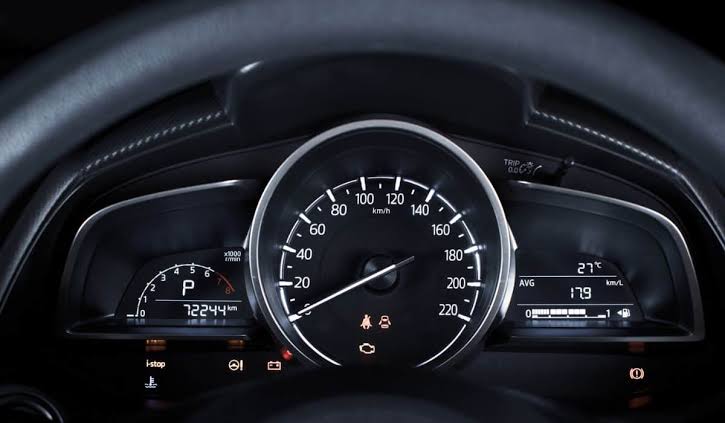The odometer of a vehicle is like a timekeeper, documenting the journey of countless miles traveled. The odometer is very important in assessing a vehicle’s value and history. In the middle of the odometer readings, the concept of the “Exempt Odometer in Texas” emerges.
This article will delve into the nuances of this clause, examining its importance and its influence on the automotive landscape. Here we go!
For More Information On Arbitration And Other Frequently Asked Lemon Law Presumption Questions, Click Here.
-
What is an Exempt Odometer?
An Exempt Odometer refers to a condition where the mileage on a vehicle is not considered reliable or accurate. Typically, this designation is assigned to older vehicles or those with mechanical issues that make it challenging to ascertain the precise distance traveled. When a vehicle is tagged with an “Exempt” status, it means the mileage reading may not accurately reflect the true extent of its use.
-
Historical Context
The beginning of the Exempt Odometer Clause dates back to the National Traffic and Motor Vehicle Safety Act of 1966 in the United States. This legislation aimed to regulate vehicle manufacturing and safety standards. As part of these regulations, vehicles over a certain age were deemed exempt from providing accurate odometer readings. The reason was to accommodate older vehicles that might not have reliable odometers due to wear and tear.
-
Common Scenarios for Exempt Odometer Status
Many classic cars and antique vehicles fall under the Exempt Odometer category. These vehicles often have limited use and might not have high mileage despite their age. Consequently, relying solely on odometer readings for valuation may not provide an accurate representation of their condition.
-
Mechanical Issues
Vehicles experiencing mechanical problems that affect the odometer’s functionality may be classified as having an Exempt Odometer in Texas. In such cases, the odometer cannot provide a dependable record of the distance traveled.
-
Rebuilt or Restored Vehicles
When a vehicle undergoes extensive rebuilding or restoration, the odometer reading may not accurately reflect the true mileage. In these instances, the Exempt Odometer status helps acknowledge the modifications made to the vehicle.
Think You Have A Lemon, Click Here To Fill Out A 30 Second Form.
-
Significance in Vehicle Transactions
Understanding the Exempt Odometer in Texas status is crucial for both buyers and sellers in the automotive market. When purchasing a vehicle with an Exempt Odometer, buyers should be aware that the mileage reading may not be reliable. This knowledge allows for a more informed decision-making process, considering other factors such as maintenance records, overall condition, and historical documentation.
For sellers, disclosing the Exempt Odometer status is not just a legal requirement, but it is also an ethical practice. Openly communicating this information ensures transparency in the transaction and helps build trust between the parties involved.
In Conclusion
In the world of automobiles, the Exempt Odometer Clause serves as a reminder that not all vehicles can be judged solely by their mileage. It accommodates the unique circumstances of older cars, classics, and those undergoing significant restoration.
As technology advances, future developments in odometer accuracy may redefine the landscape, but for now, understanding the Exempt Odometer status remains an essential aspect of navigating the roads of the automotive market.
This Information Brought To You By Allen Stewart P.C.

